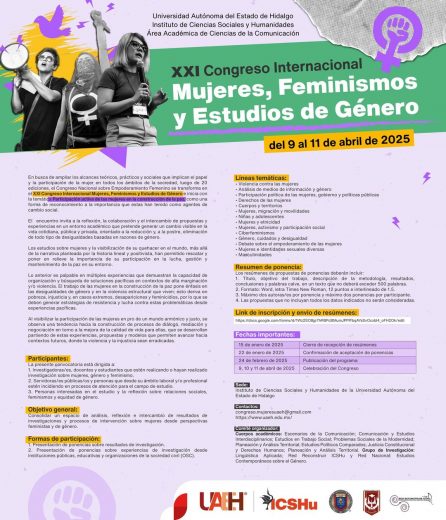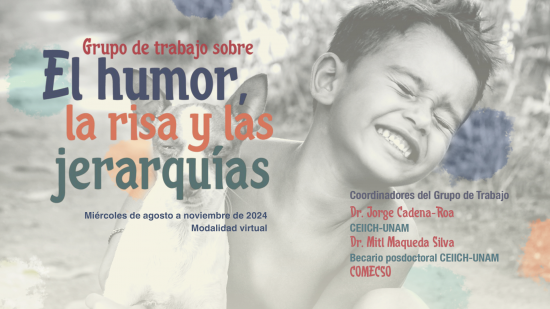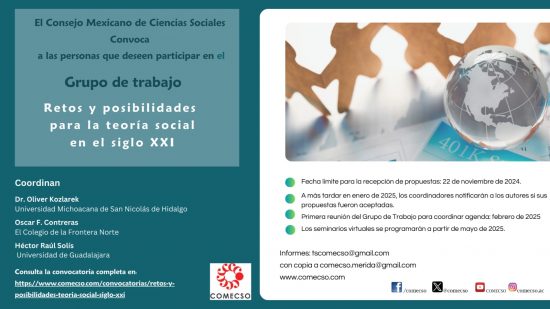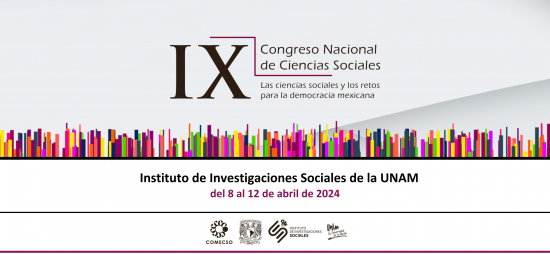Call For Papers – Pandemic Politics
In late April 2020, declared US fatalities from Covid-19 exceeded American battlefield deaths in the war in Vietnam. There have been millions of cases of Covid-19 confirmed globally, and hundreds of thousands have died. There is reason to believe that the actual numbers of cases and fatalities is higher than governments have reported. The impact of the pandemic on economic activity has been enormous. International air travel has all but collapsed, with many countries banning or curtailing travel. Jobless claims in the United States have surpassed thirty million in response to lockdowns. The world faces its most profound economic challenge since the Great Recession, and perhaps the Great Depression.
Responses to the challenge have varied greatly, with some national leaders ignoring warnings about the dangers of the virus, and other taking action early. Approaches to managing the pandemic have also varied across countries, with Belarus all but ignoring it, Sweden trying to minimize social and economic disruption while cultivating wider immunity, and the Czech Republic locking down well before its first casualty.
The Covid-19 pandemic has shattered our normality. It has altered the international system. The response of the United States seems to confirm the diminution of its global hegemony, yet the shape of the new global order is as yet inchoate. It poses major challenges to political systems of all varieties, and the outcomes we see today in coping with the pandemic will undoubtedly shape the ways in which nations organize state authority in the future. It also challenges our assumptions about the relationship between the environment and human civilization, and science and politics. Are we in some ways running up against the biological limits of the planet to support human life as we conceptualize it?
All of this suggests multiple research agendas for political scientists.
What are the best policies to control the pandemic? The experience of different countries globally and different states in the US provides a basis for fruitful comparative analysis.
What does an age of human epidemiological vulnerability mean for the system of international relations and international political economy? Does the pandemic portend a weakening of globalization or a rethinking of what international cooperation means? What will the attempts of different national leaderships to put the blame on domestic or foreign scapegoats mean for politics nationally and internationally?
All crises distribute suffering according to existing structural inequalities, as well as through policy choices. Policy can either exacerbate the suffering of vulnerable populations or work to alleviate it. In particular, we would like to receive submissions that address how existing structural inequalities as well as policy choices affect death tolls and economic suffering in terms of race, class, and gender in the United States, as well as in other countries and comparatively.
What role should scientific expertise play in making political choices, especially in democratic societies? Are novel technological capacities, like our enhanced ability to track citizens and their contacts, useful tools to stem the pandemic or a fundamental threat to our civil liberties? What are the trade-offs here? How do we make political decisions in response to a pandemic when the science of the disease we confront is a work in progress?
Is our current model of capitalist economy sustainable, or must we introduce substantial changes in response to the new challenges our mismanagement of the environment has wrought? What role if any do non-state actors play in pandemic politics and policy? Do public-private partnerships, NGOs, specific economic sectors, social movements, philanthropic organizations, and universities have special roles to play?
Does epidemiological catastrophe doom us to a new age of dictatorship or a fundamental change in the power of executives to ignore legislative oversight or other forms of accountability, or is a deepening of democracy the best way to respond to the current challenge?
What does the pandemic mean for the global trend towards political polarization and populist politics? And more generally, will the pandemic simply entrench these tendencies or change the current relationship between political preferences and behavior?
These just skim the surface of the potential questions raised by the pandemic for political science.
We invite all political scientists, irrespective of subfield, to submit papers related to these or other issues raised by the coronavirus crisis for potential inclusion in a special issue on “Pandemic Politics.”
Submission Guidelines – Deadline: October 1, 2020
Length: manuscripts must not exceed 12,000 words, including notes and references.
Style, Format, References, and Endnotes: Please refer to the style guide for Perspectives. As explained in the «Instructions for Authors«, tables, figures, and appendix materials may be included within manuscripts or uploaded as separate files.
Submission Instructions: Manuscripts must be submitted electronically through the online manuscript processing system called Editorial Manager. First-time users should register and create a profile. Returning users may log in and continue using their existing profile, and may update their user information at any time.
Please be sure to indicate that your submission is designated for this Special Issue through Editorial Manager.
Submissions will include a 200-word abstract, keywords (for indexing), and a brief author’s biographical note (100 words or less) at the time of initial submission.
Review of Submissions: Articles submitted for consideration in this Special Issue will undergo Perspectives‘ standard review process. The first step in this process is a blind, in-house assessment by the editorial staff to determine whether the submission is of sufficient quality and an appropriate fit for both the journal and the Special Issue. Those submissions that fall within the thematic focus for this Special Issue and clear the internal review process will be sent out for external review according to a standard double-blind referee process. Finally, based on referee reports and their own careful readings of the article, the editor-in-chief and the associate editor will then decide whether to accept a submission, reject it, or offer the author(s) the opportunity to revise and resubmit the manuscript.
Questions: Please direct questions about this Special Issue to our editorial staff at perspectives@apsanet.org.
About Perspectives on Politics
Perspectives on Politics seeks to provide a space for broad and synthetic discussion within the political science profession and between the profession and the broader scholarly and reading publics. Such discussion necessarily draws on and contributes to the scholarship published in the more specialized journals that dominate our discipline. At the same time, Perspectives seeks to promote a complementary form of broad public discussion and synergistic understanding within the profession that is essential to advancing research and promoting scholarly community.
Perspectives seeks to nurture a political science public sphere, publicizing important scholarly topics, ideas, and innovations, linking scholarly authors and readers, and promoting broad reflexive discussion among political scientists about the work that we do and why this work matters.
Te puede interesar

Retos y posibilidades para la teoría social en el siglo XXI
comecso - Nov 20, 2024El Consejo Mexicano de Ciencias Sociales, A.C. Convoca a las personas que deseen participar en el Grupo de Trabajo Retos…

Imaginar futuros justos en la transición energética
Laura Gutiérrez - Nov 22, 2024La Cátedra UNESCO en Estudios del Futuro de la Universidad Autónoma Metropolitana, Unidad Cuajimalpa, en el marco de los trabajos…

Grupo de Trabajo El humor, la risa y las jerarquías
comecso - Nov 22, 2024Grupo de Trabajo El humor, la risa y las jerarquías Coords. Dr. Jorge Cadena-Roa y Dr. Mitl Maqueda Silva Ciclo…

XXI Congreso Internacional Mujeres, Feminismos y Estudios de Género
Laura Gutiérrez - Nov 21, 2024Universidad Autónoma del Estado de Hidalgo, Instituto de Ciencias Sociales y Humanidades, Área Académica de Ciencias de la Comunicación XXI…












